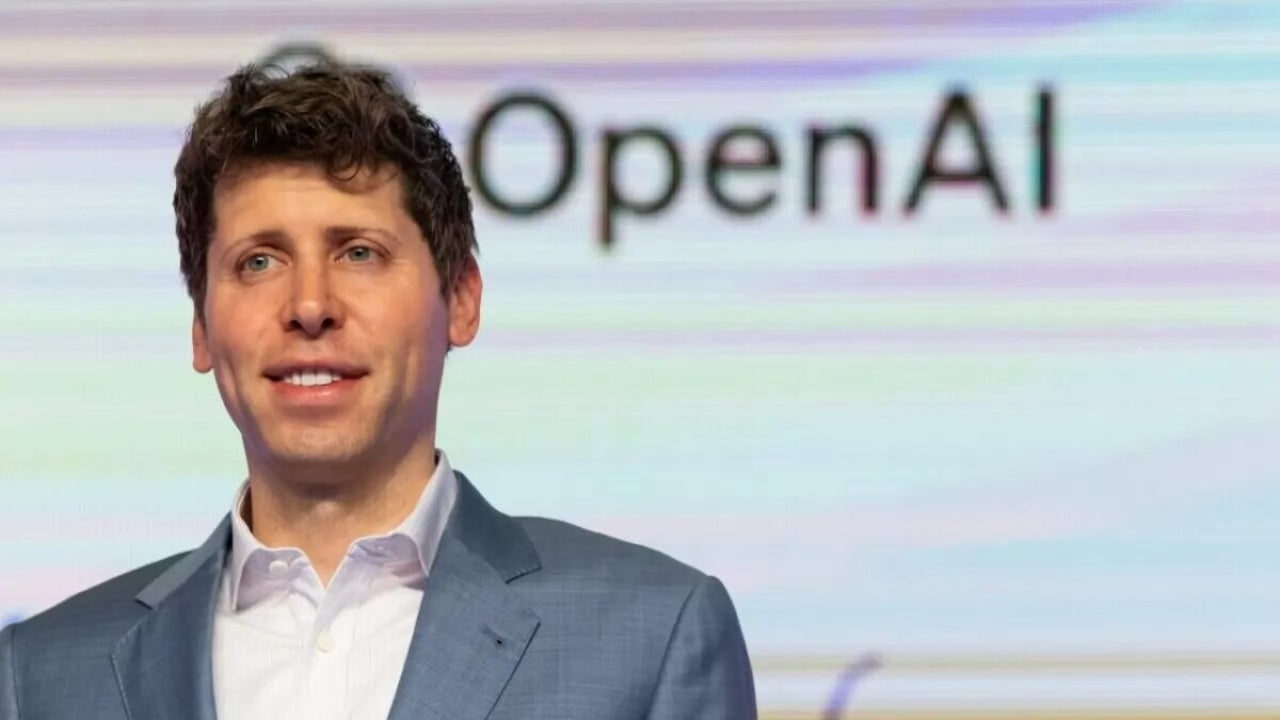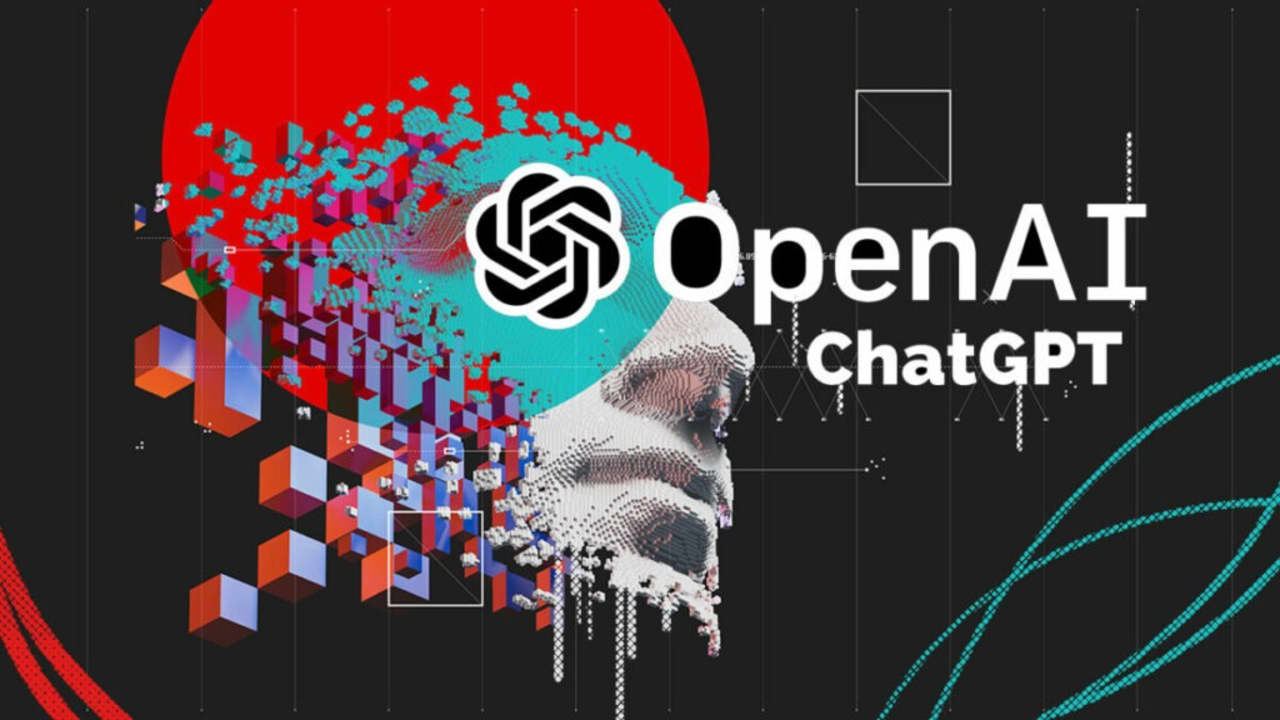News
OpenAI is trying to justify itself after the lawsuit received by The New York Times
OpenAI makes a move after the complaint filed by the New York newspaper.

- January 10, 2024
- Updated: July 2, 2025 at 12:15 AM

OpenAI has decided to take action after being the subject of a complaint filed by The New York Times, accusing the website of using its articles to feed and train Artificial Intelligence that the company constantly improves. To address this, OpenAI has released an extensive press release explaining the situation.
The company OpenAI, under the umbrella of Microsoft, has wanted to ratify that it has not committed any illegality and that the complaint filed by the New York newspaper omits many conveniently unshared data. For that reason, the company led by Sam Altman justifies itself against the accusations of The New York Times.
OpenAI’s Explanation
OpenAI, through an extensive statement, wanted to reflect that, in addition to disagreeing with the lawsuit they have received from The New York Times, the well-known newspaper also did not present the complete version of the facts, which, according to OpenAI itself, justifies the controversy that has arisen and affirms that the lawsuit will not have legal grounds.
The reasons that OpenAI has given are as follows:

- OpenAI claims to be collaborating with the media to open new traffic avenues and create new opportunities. The company states that it aims to benefit the media with its service, contrary to what others believe, and highlights that they are developing specific tools for their work, such as an audio transcription service, improving the contextual knowledge of AI, or linking related content.
- The company also claims to be in line with the legal framework of all the territories in which they operate, including the United States, the European Union, and more. They claim to be legally training their AI, but despite this, they always offer an opt-out right to websites that do not wish to be processed by OpenAI, a right that The New York Times has been exercising since August 2023.
- Cases of “regurgitation”, that is, transcribing content from other media without permission, are isolated incidents, and as a bug, they are trying to fix it. OpenAI is aware that this problem is tricky, but emphasizes that it has never been an intentional feature on their part.
- The New York Times omits key points of the story. OpenAI highlights that the newspaper was negotiating with OpenAI in December 2023 to reach an agreement that would allow users to access The New York Times content through ChatGPT while respecting the request not to train the AI with their texts and linking to their portal to receive traffic. However, after the agreement was not reached, the NYT filed a complaint against the company after witnessing one of the cases that OpenAI attributes to ChatGPT’s “regurgitation”.
Graduated in Journalism, Daniel specializes in video games and technology, currently writing for Andro4all and NaviGames, and having written for more Difoosion portals such as Alfa Beta Juega or Urban Tecno. He enjoys staying up-to-date with current affairs, as well as reading, video games, and any other form of cultural expression
Latest from Daniel García
You may also like
 News
NewsThe latest Call of Duty has been a failure, Activision acknowledges it and confirms what it will do to fix it
Read more
 News
NewsLee Woodall had to learn German to get his role in one of the movies of the year
Read more
 News
NewsThe Amazon Tomb Raider series would have a legendary actress in its cast
Read more
 News
NewsViggo Mortensen will not reprise his role as Aragorn in the new Lord of the Rings movie
Read more
 News
NewsA fan has calculated how long all the dialogues in Baldur's Gate 3 last, and the figure is staggering
Read more
 News
NewsThe creator of Hannibal confirms that one of his most iconic series will return with a third season
Read more